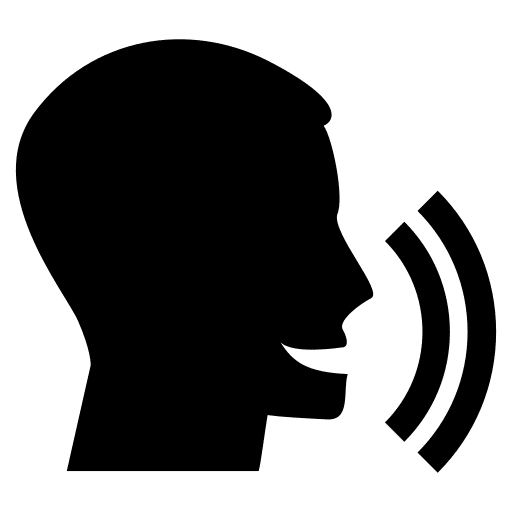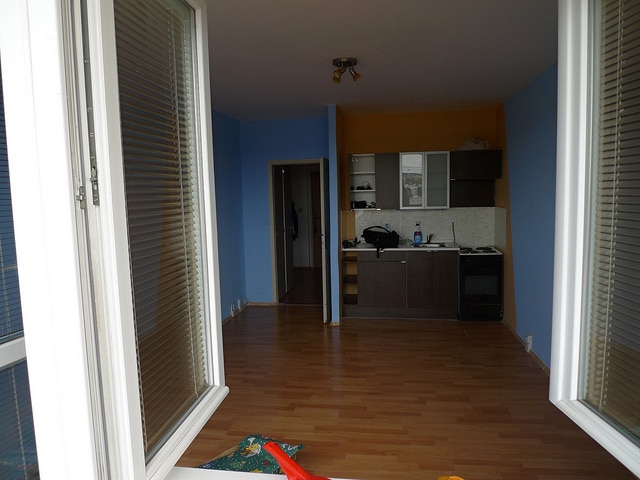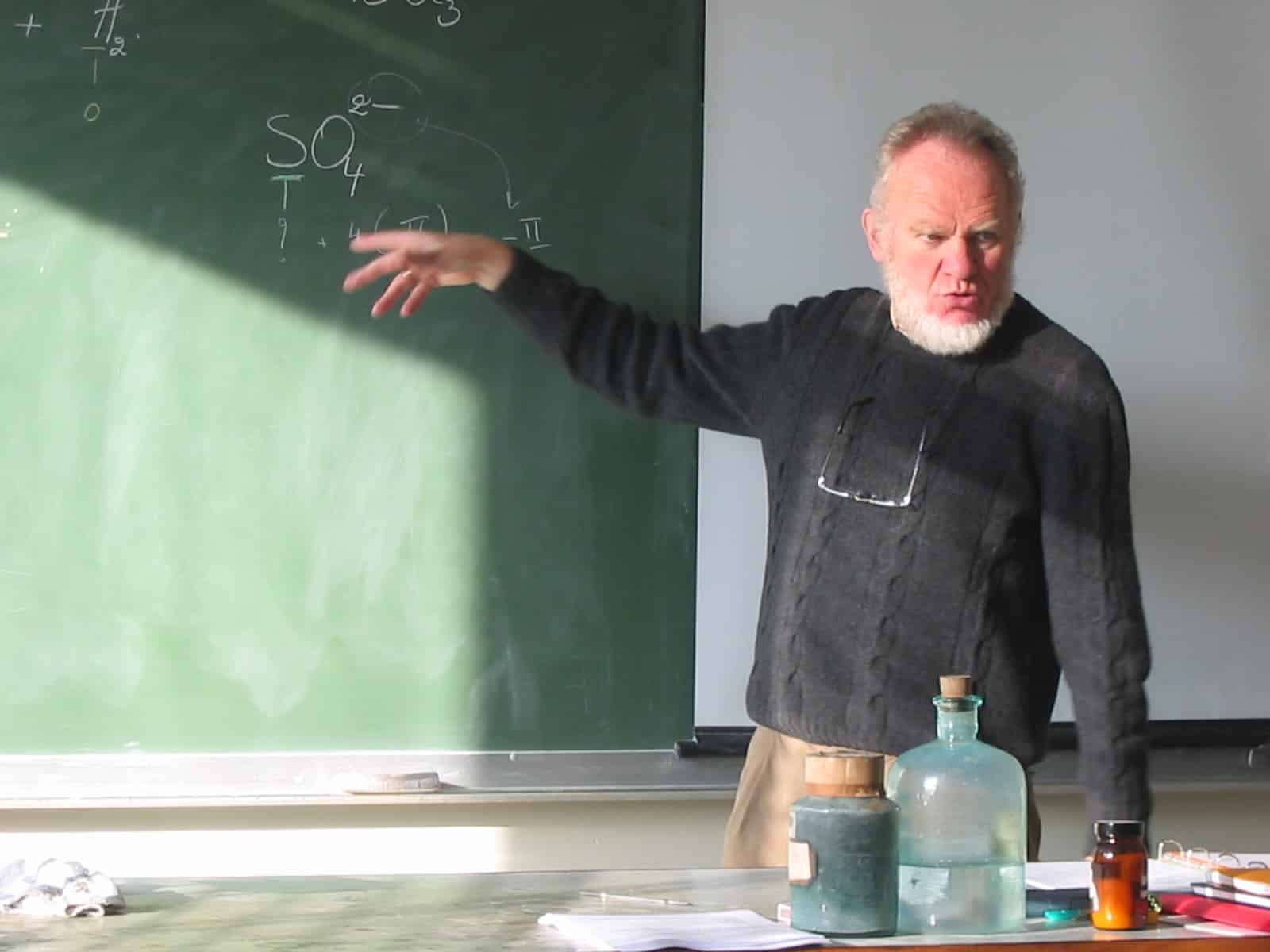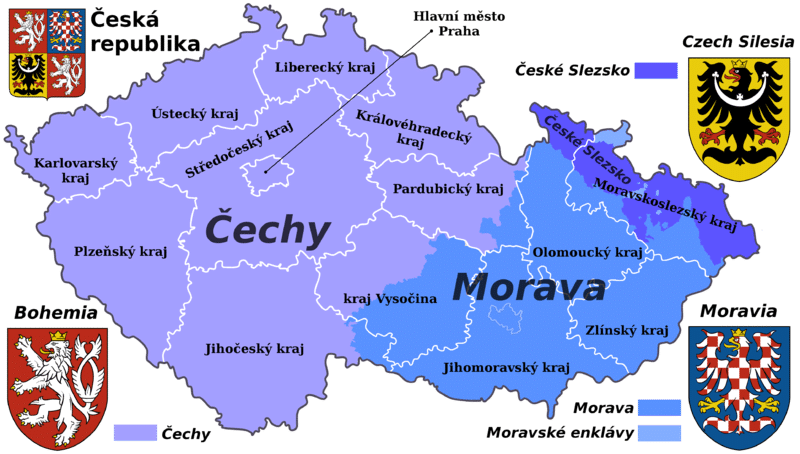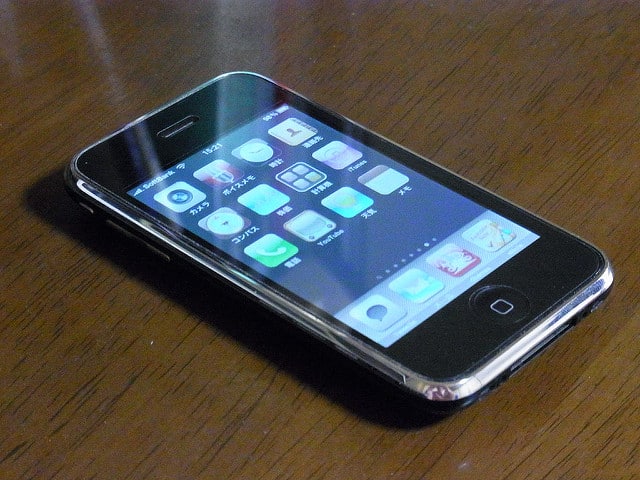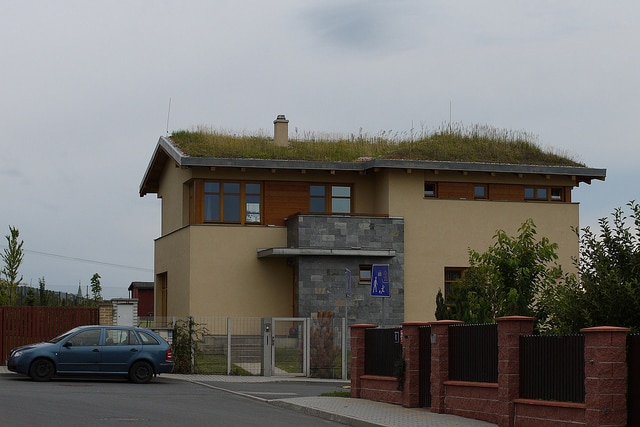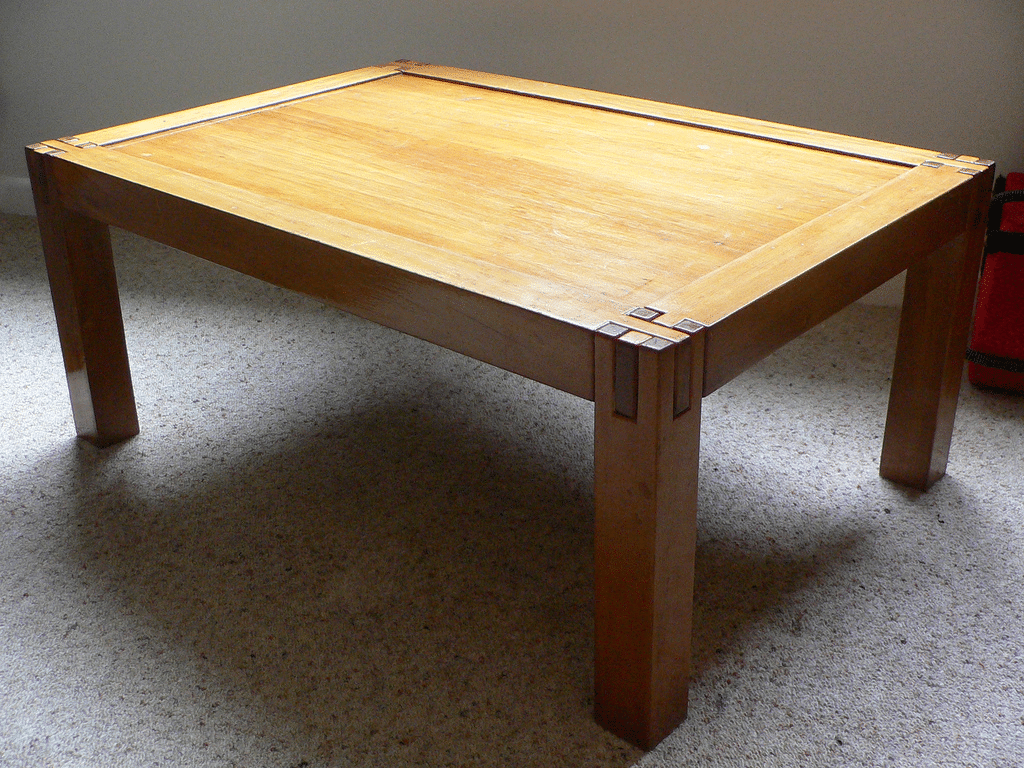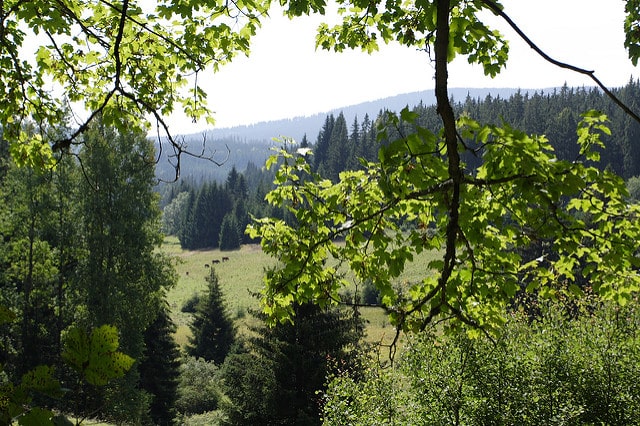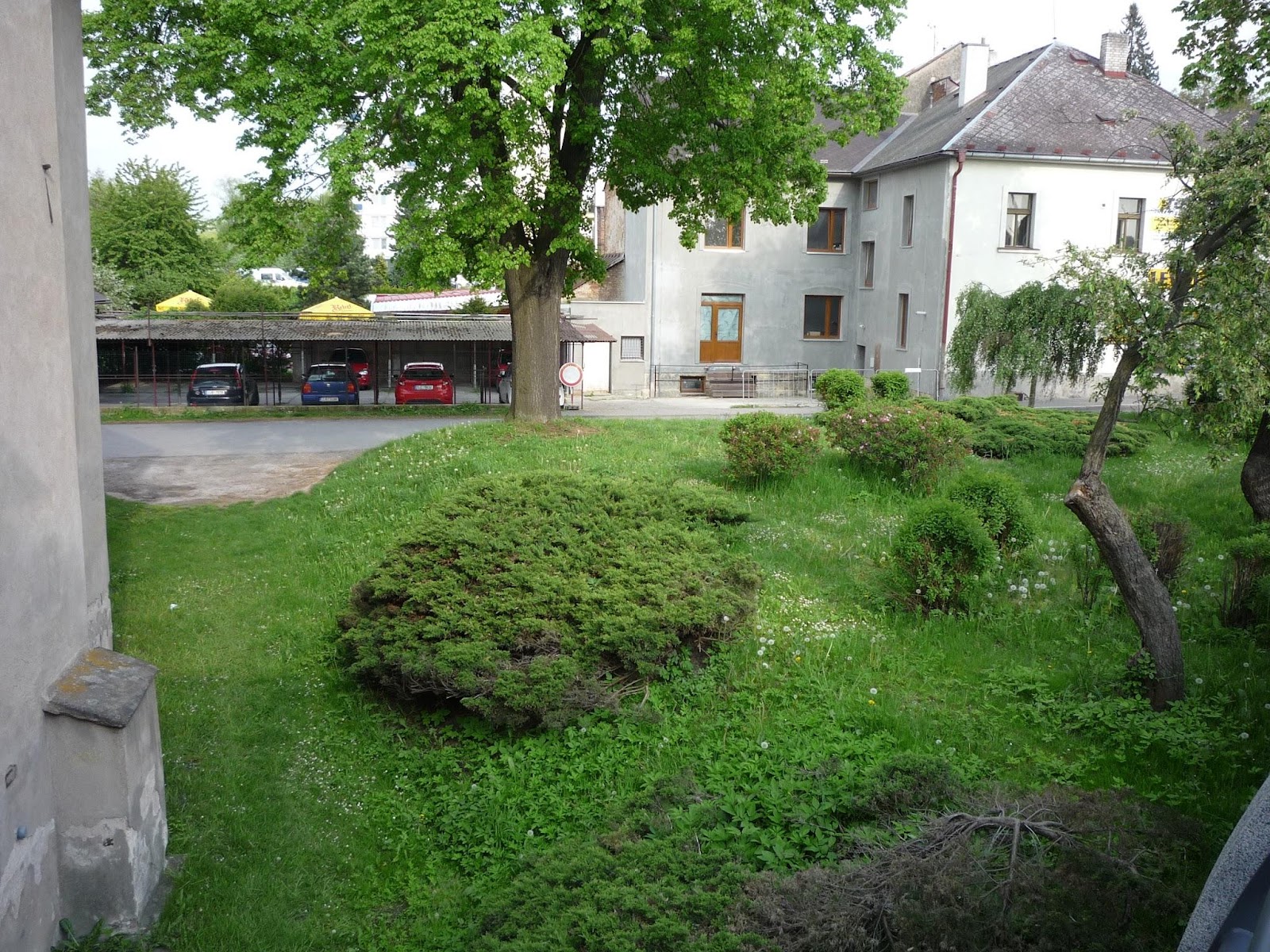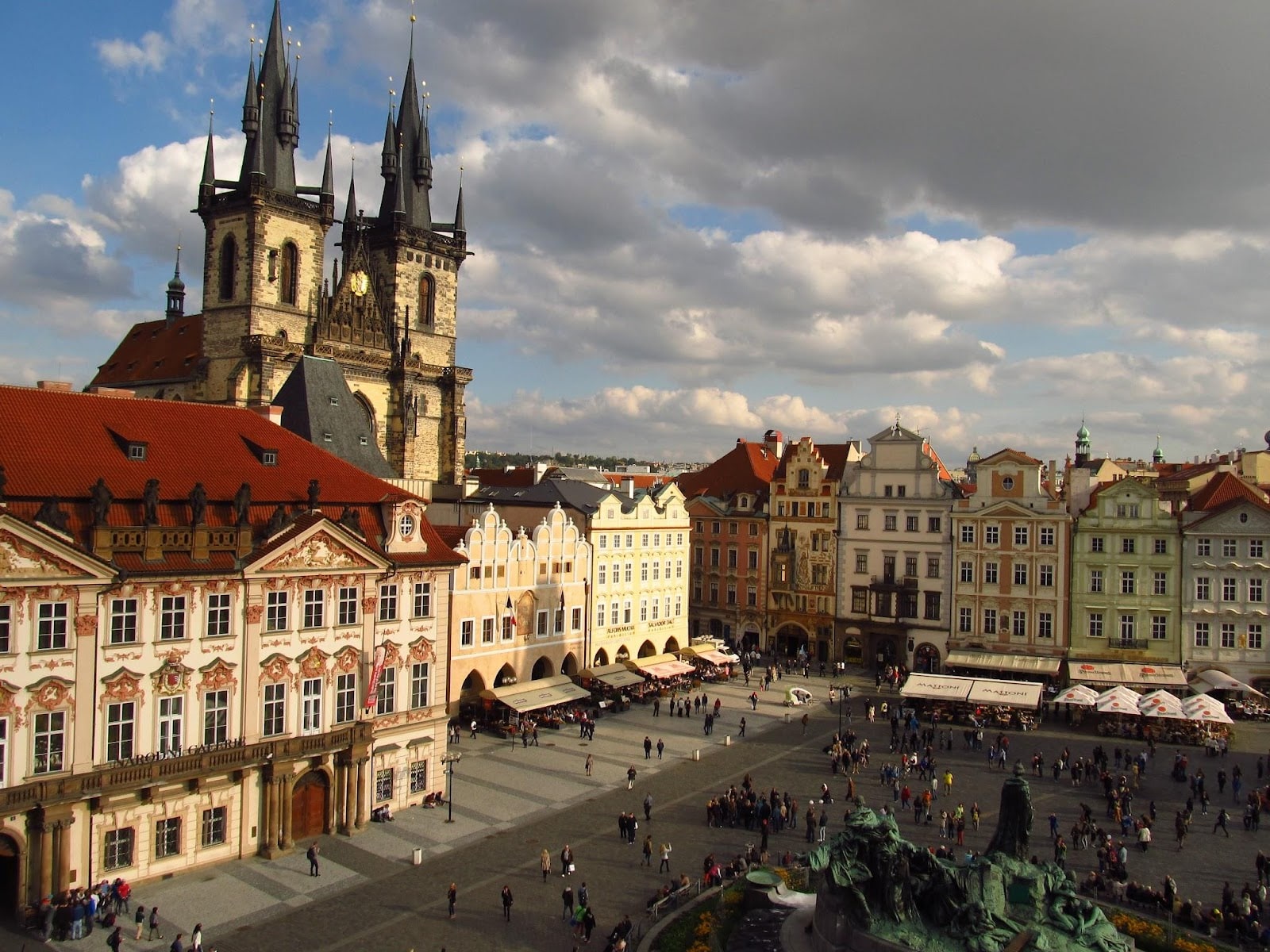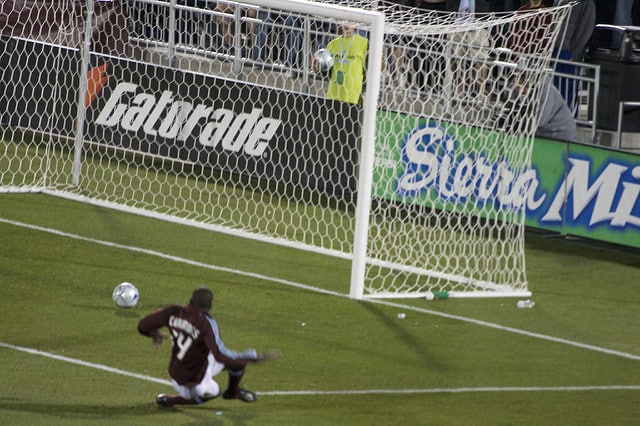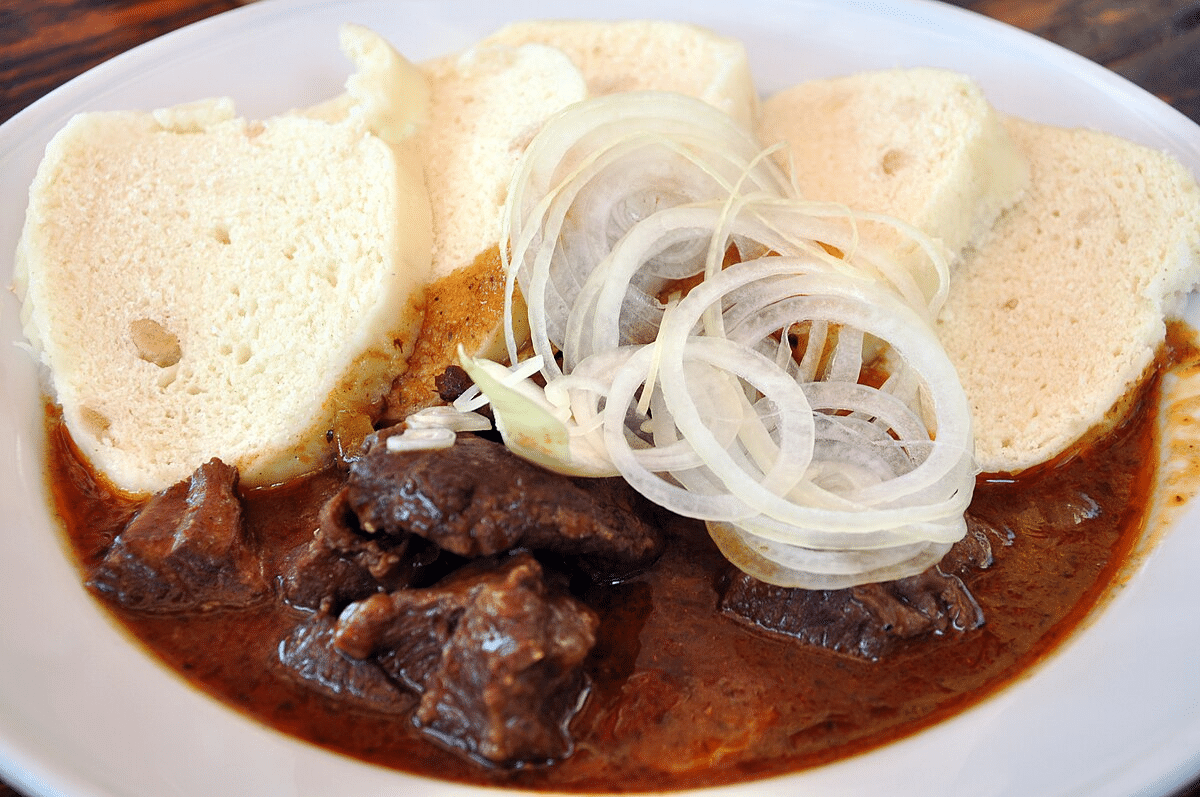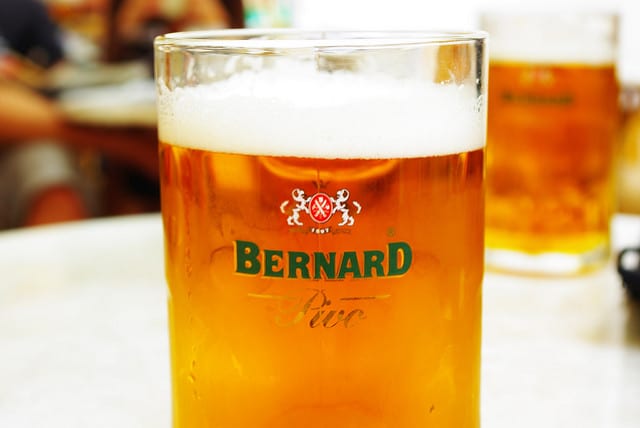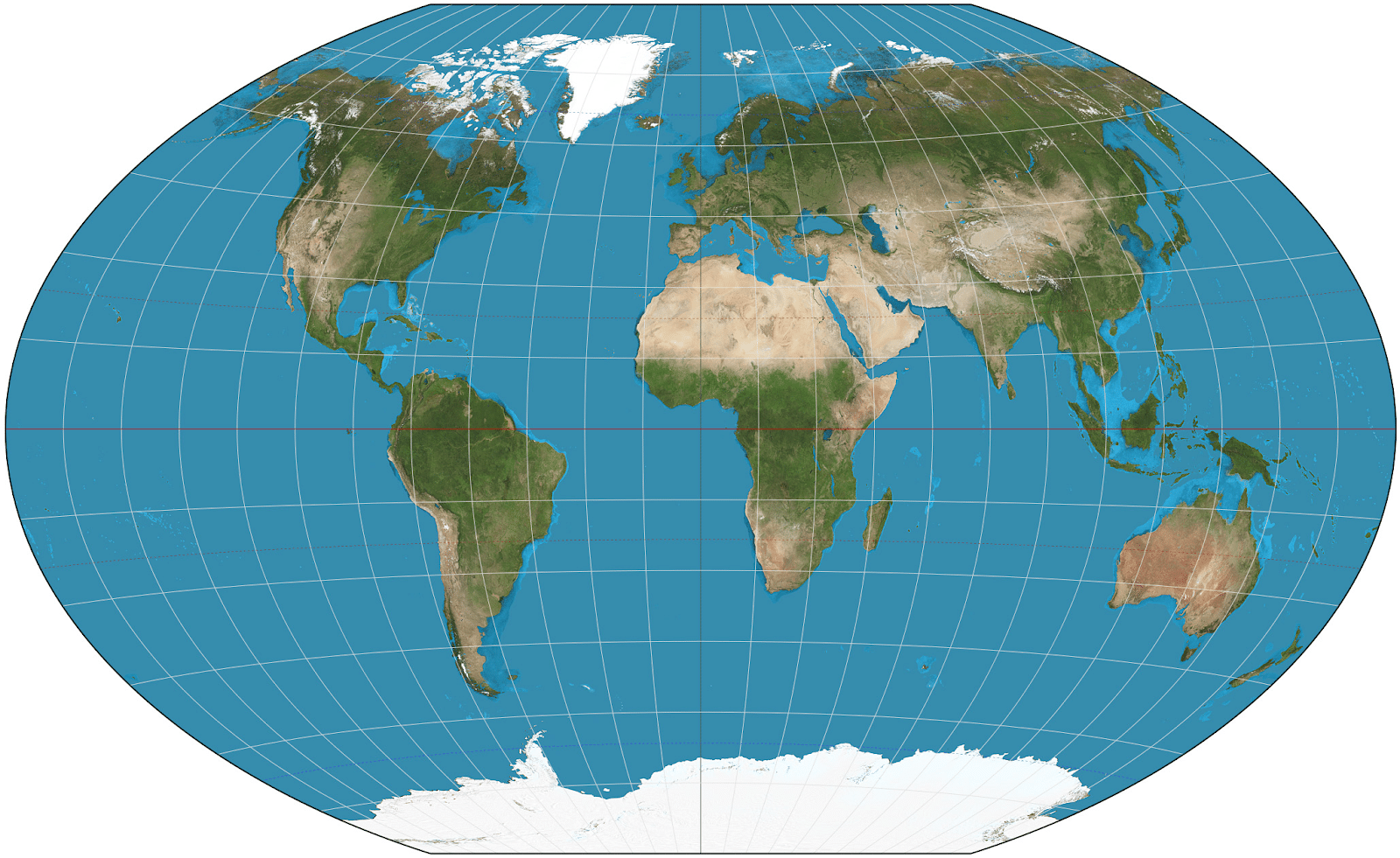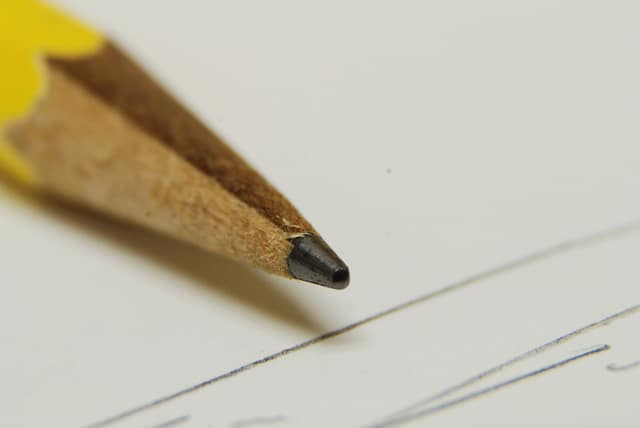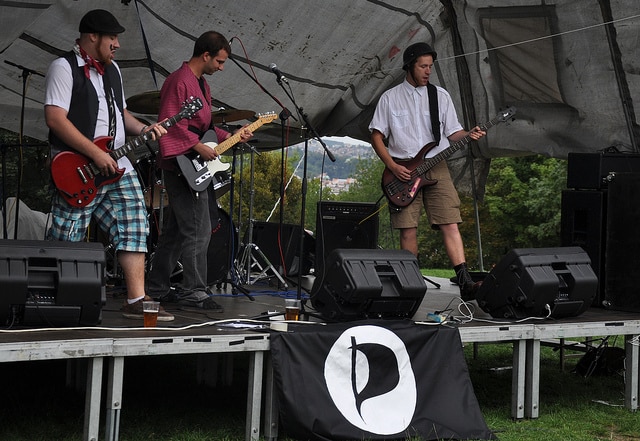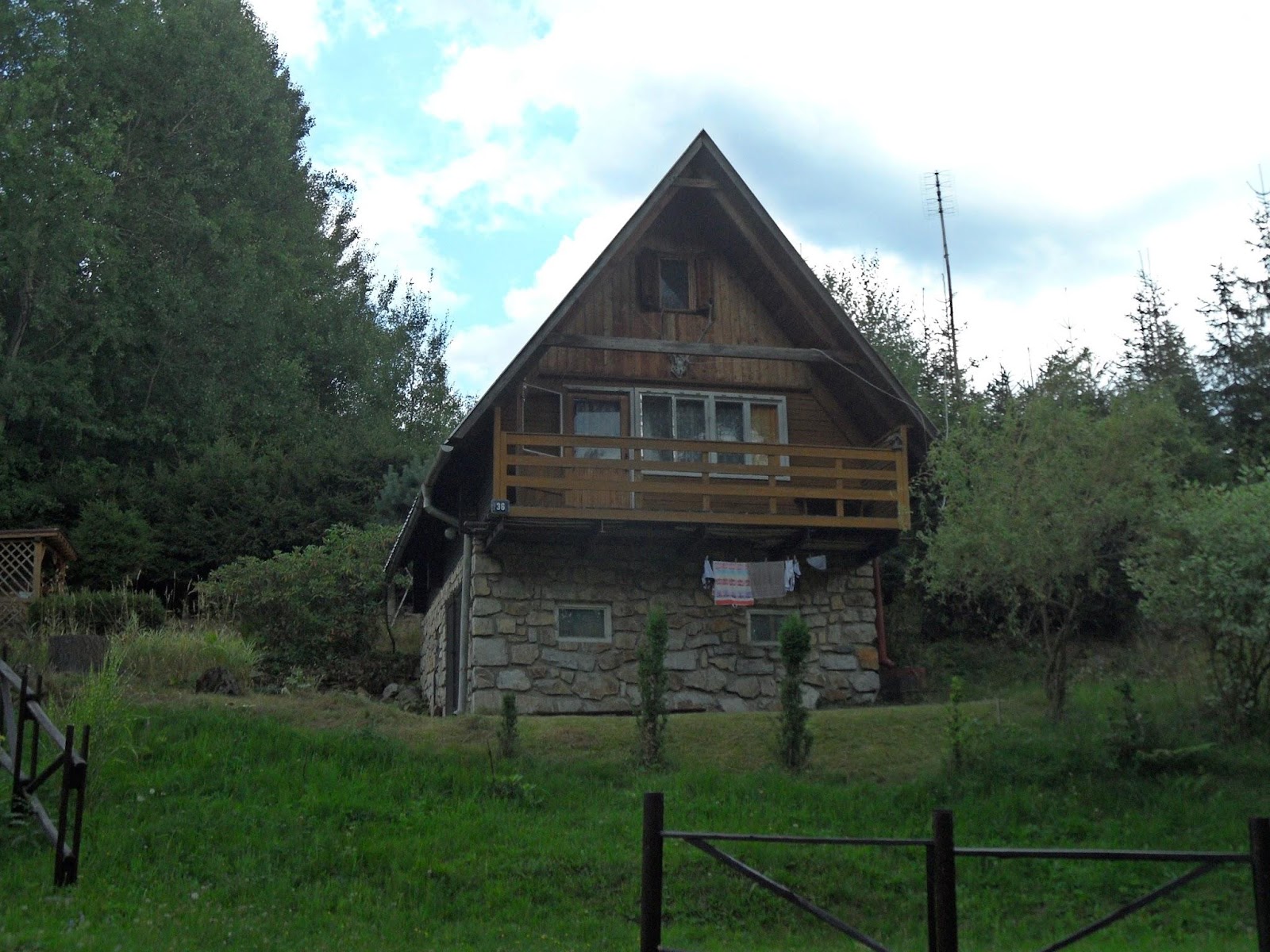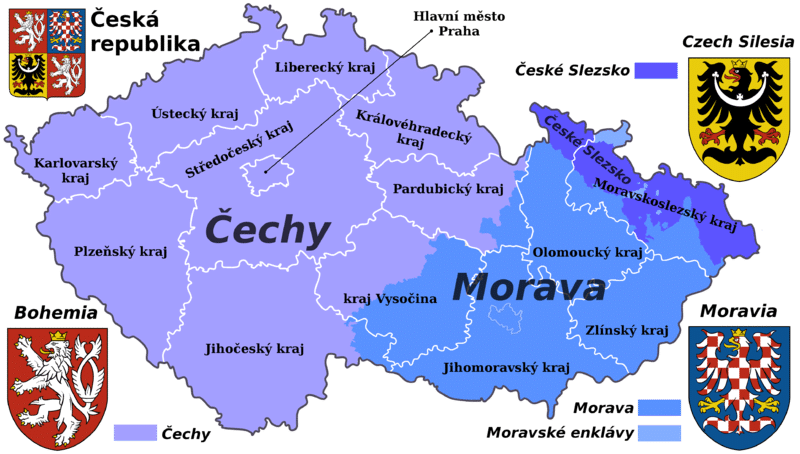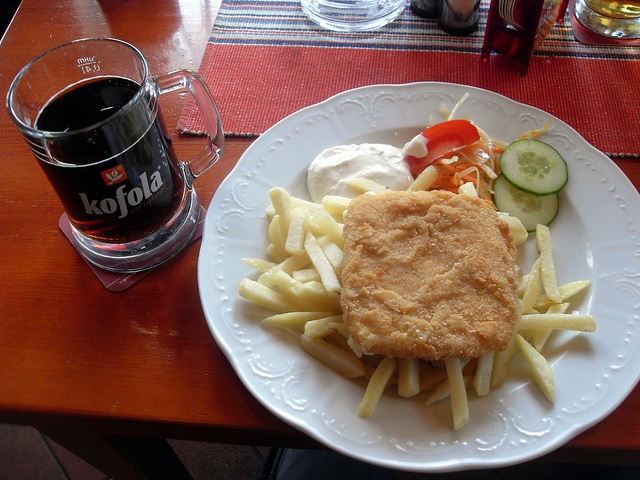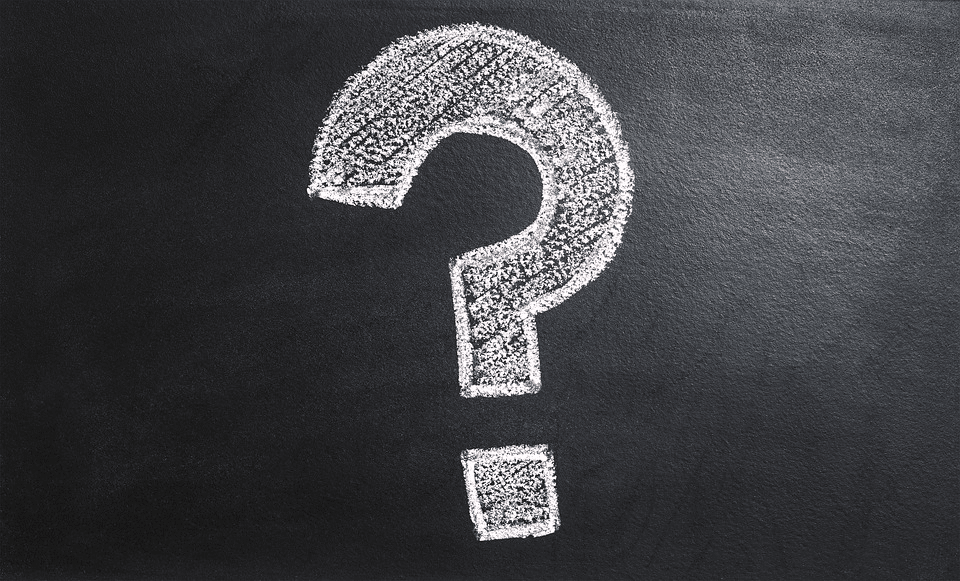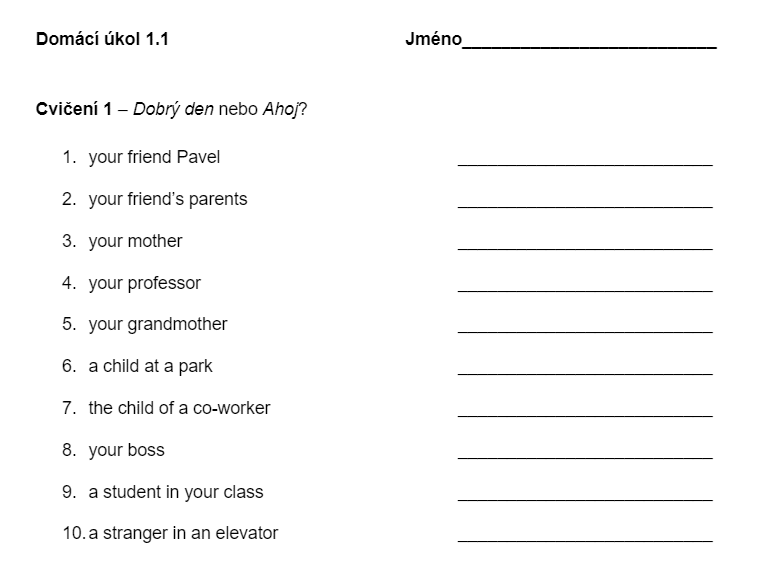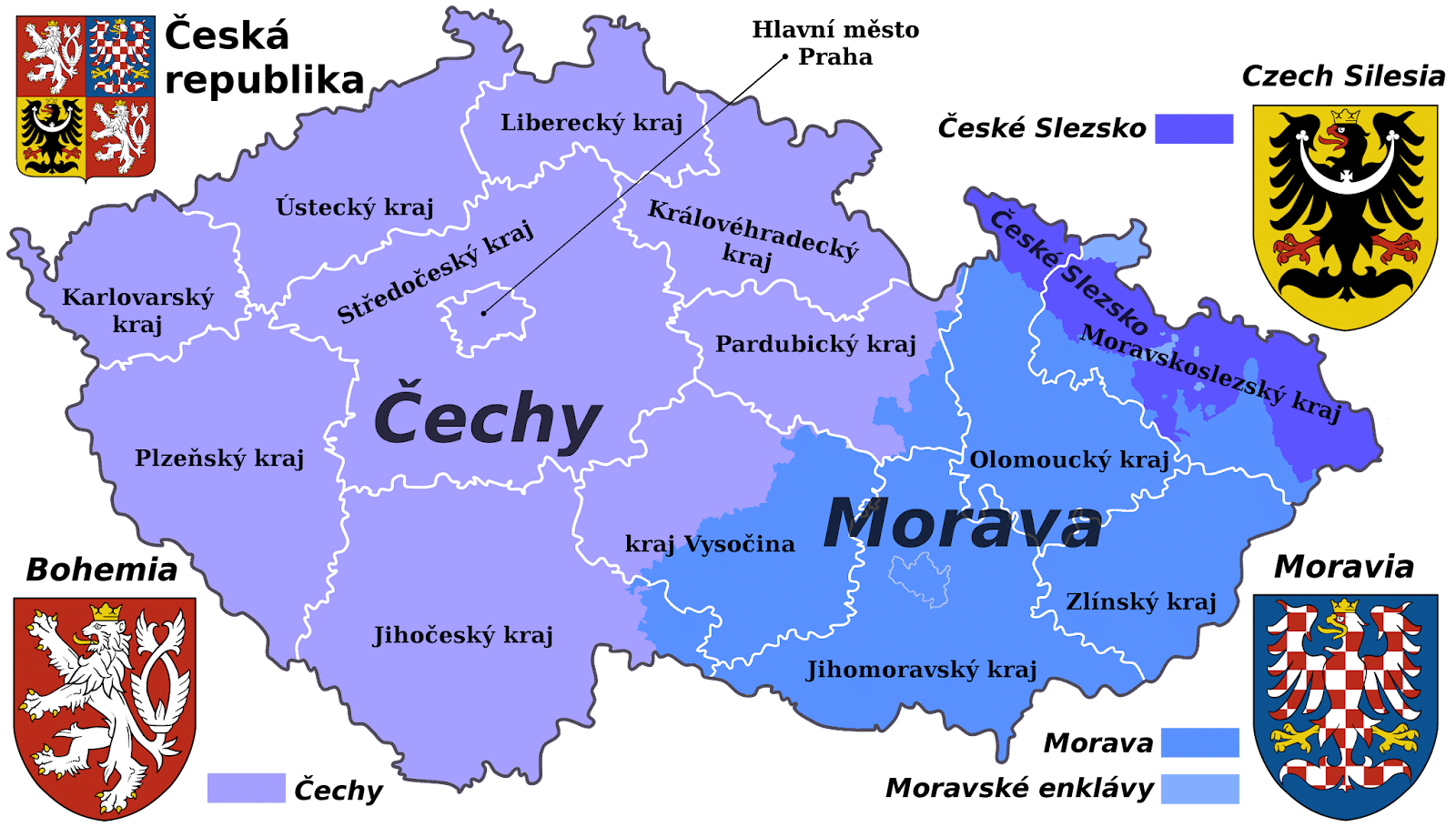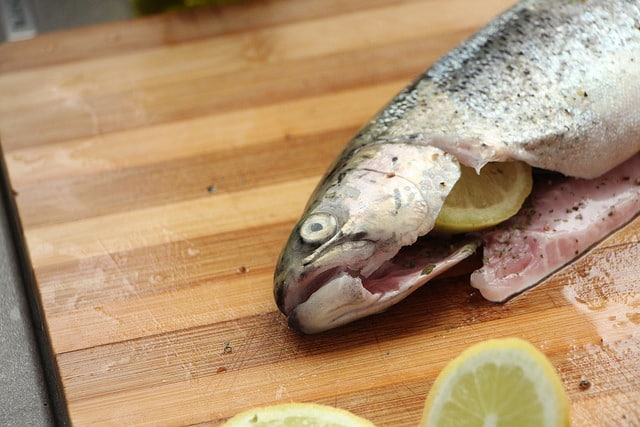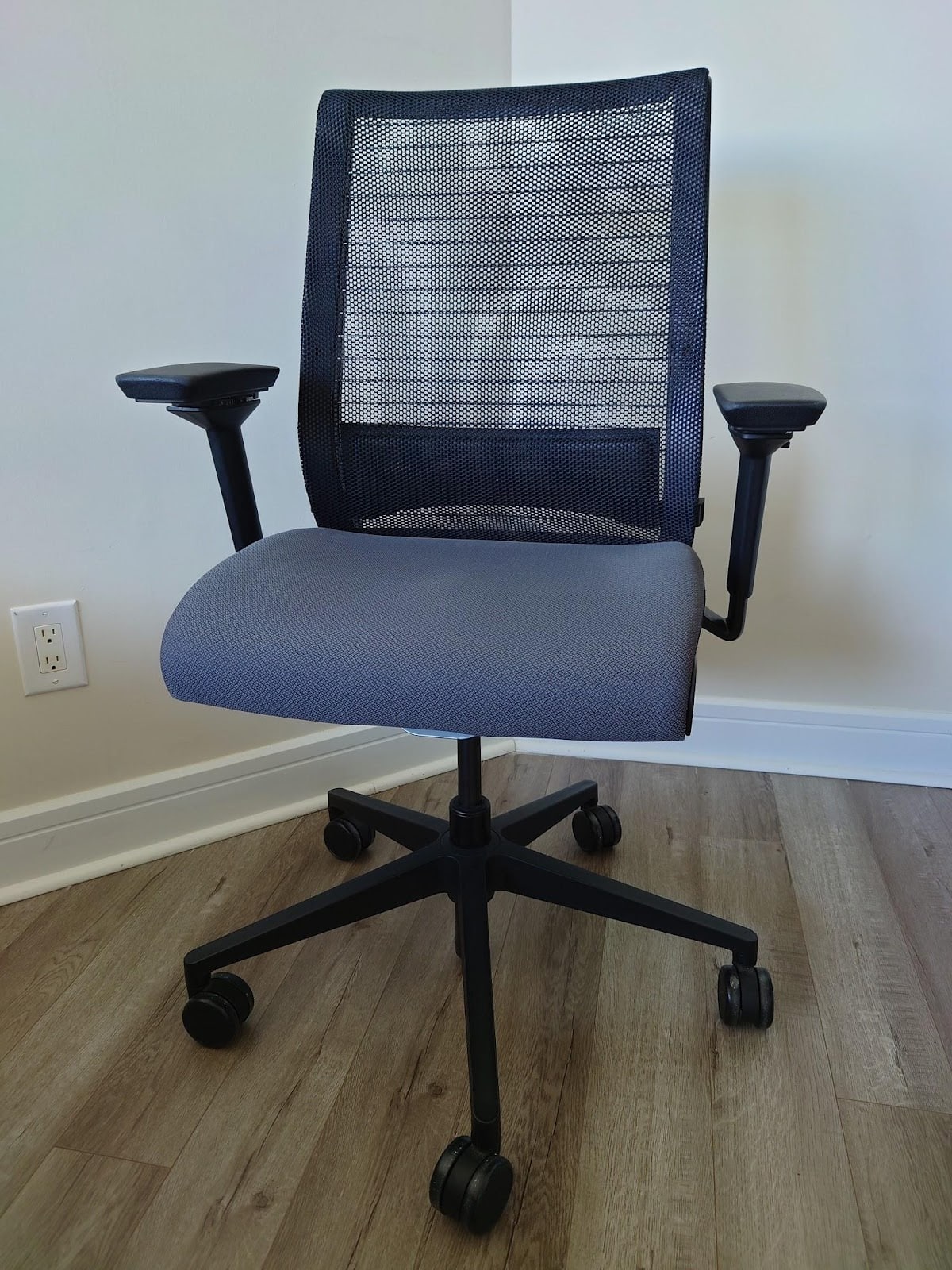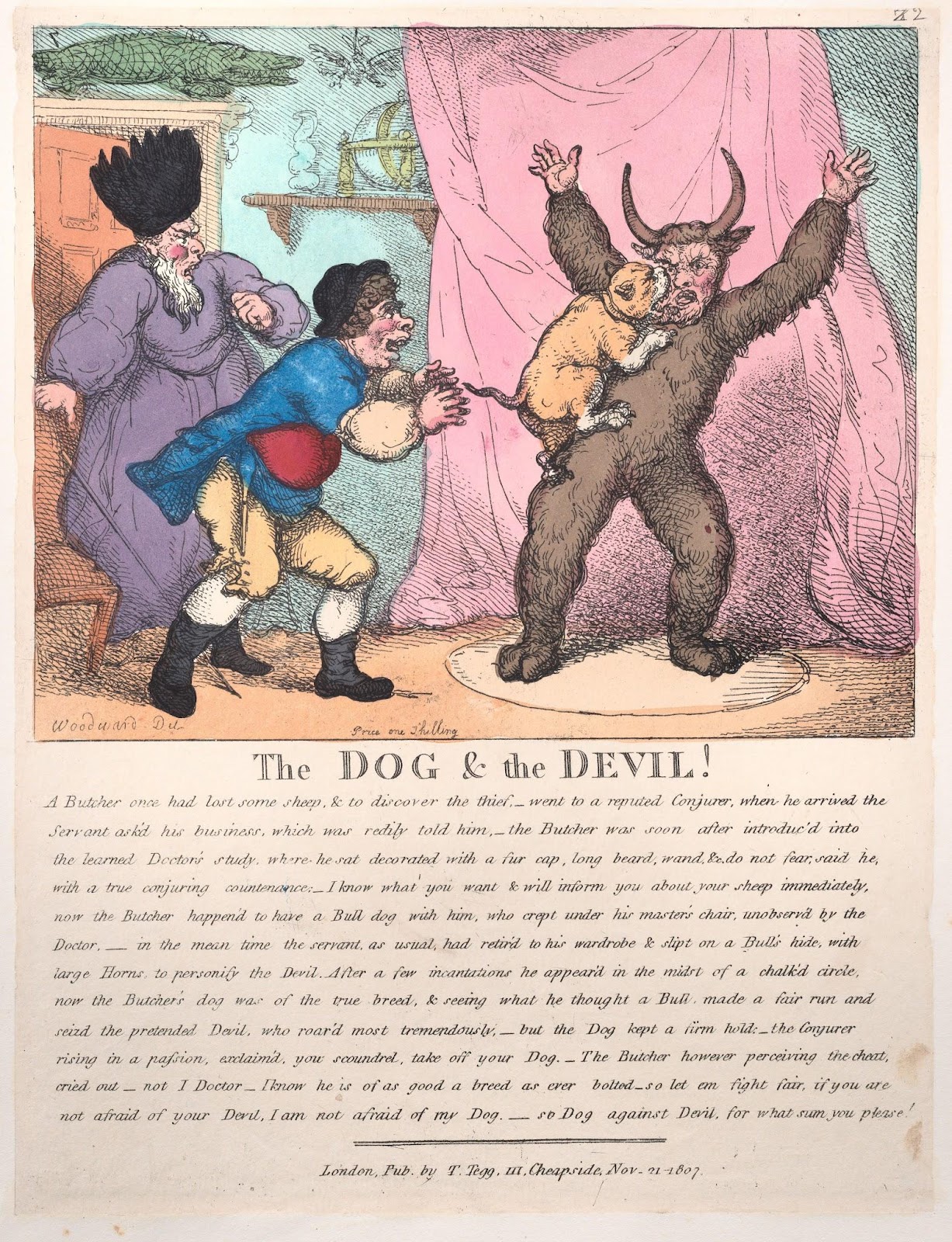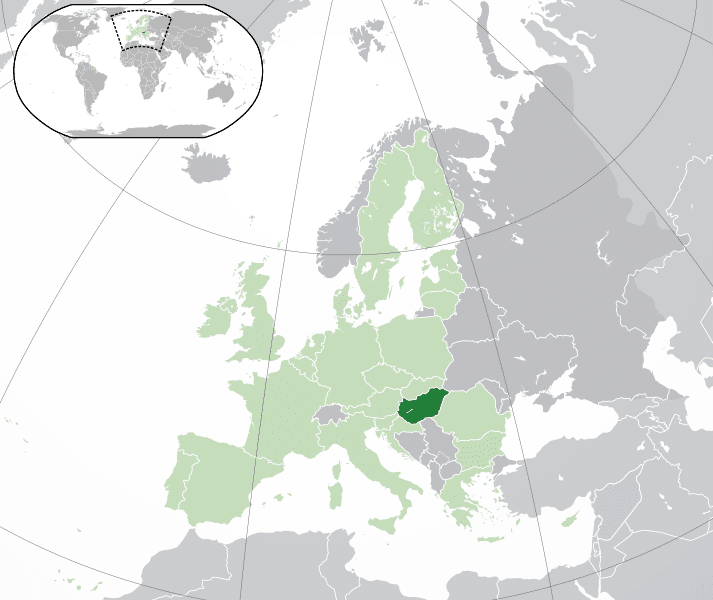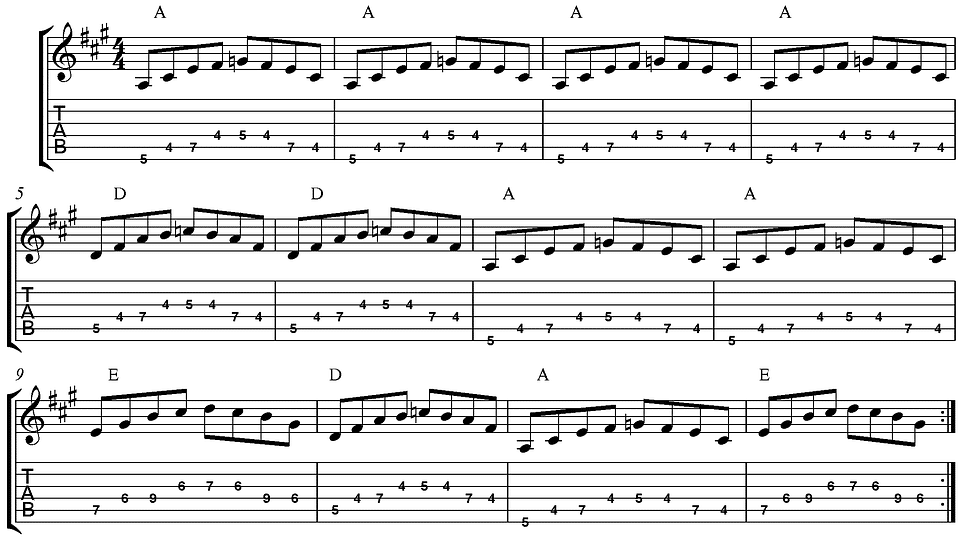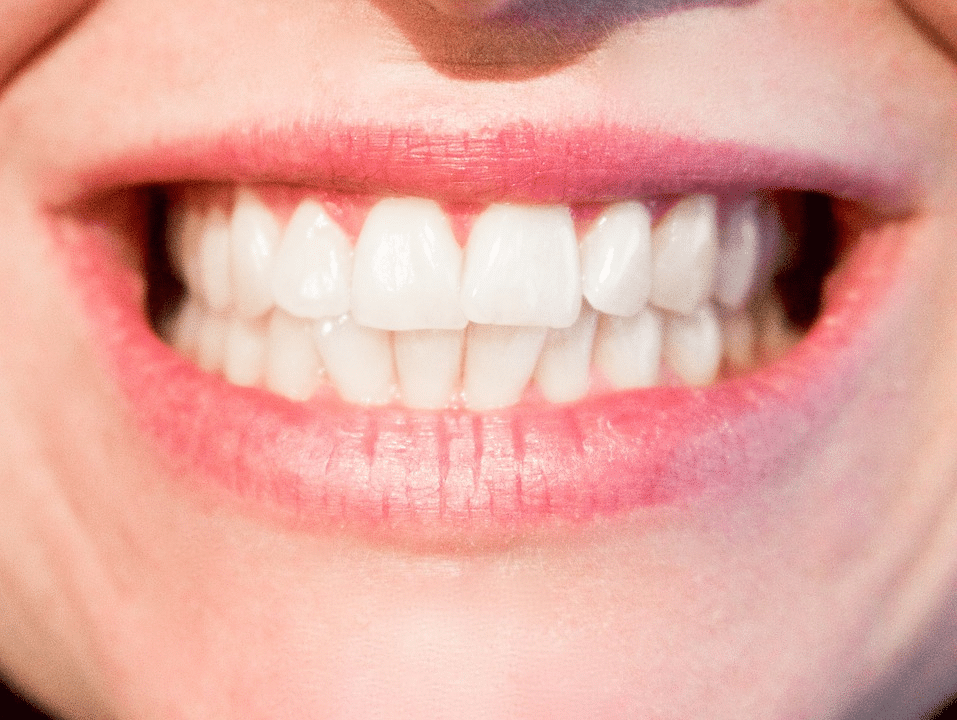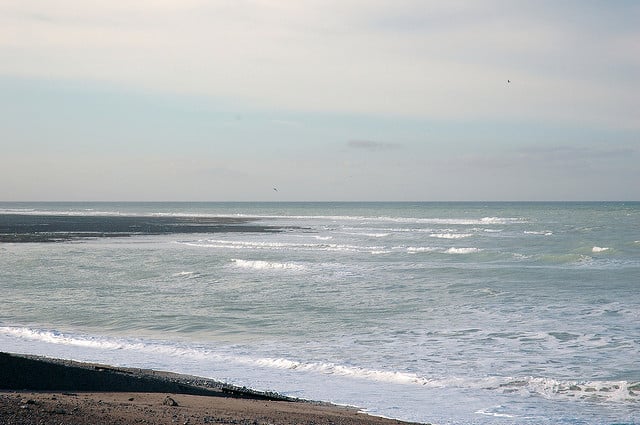1.1 – Czech Consonants
In this lesson we are going to learn about the pronunciation of Czech consonants.
Section 1 – Pronounced Like English
Most of these words are from your unit 1 vocabulary list:
|
b |
byt ‘apartment’ |
houba ‘mushroom’ |
|
f |
fialová ‘purple’ |
profesor ‘professor’ |
|
v |
vlak ‘train’ |
televize ‘television’ |
|
m |
Morava ‘Moravia’ |
mobil ‘cell phone’ |
|
d |
dům ‘house, building’ |
dobrý den! ‘hello’, lit. ‘good day’ |
|
s |
stůl ‘stable’ |
les ‘forest' |
|
z |
zahrádka ‘garden,yard’ |
televize ‘television’ |
|
n |
náměstí ‘square’ |
žena ‘woman’ |
|
g |
gól ‘goal’ |
guláš ‘goulash’ |
Pronunciation of p, t, and k
In English the sounds p, t, and k are often pronounced with a puff of air following the articulation of the consonant sound. This is known as aspiration. The Czech sounds p, t, and k are not aspirated. Listen to the examples below and try to mimic their pronunciation.
|
p |
pivo ‘beer’ |
mapa ‘map’ |
|
t |
tužka ‘pencil’ |
tramvaj ‘tram’ |
|
k |
kamarád ‘friend’ |
okno ‘window’ |
Section 2 – Consonants with Different Pronunciation
The consonant h is pronounced similarly to English, though you will notice that the sound tends to resonate a bit more.
|
h |
Praha ‘Prague’ |
hudba ‘music’ |
The sound ch is not found in English. Two strategies that I have found helpful:
- Start to pronounced a k sound. Now, if you do it slowly, you’ll feel that your tongue is pressed up against the top of the back of your mouth and then the tongue moves away from that area. Feel as your tongue moves away and try to hold it just in the position where it is barely touching but air can still flow by. This is how your tongue should be positioned.
- If that fails, a lot of people have luck with trying to hiss like a cat.
|
ch |
chata ‘cottage’ |
Čechy ‘Bohemia’ |
The sounds j is just like the y sound in yes or young in English.
|
j |
jídlo ‘food' |
je ‘is’ |
The consonant c is pronounced as if it were spelled ts. This is a little tough for some English speakers because we don’t have that sound at the beginning of words in English.
|
c |
co ‘what’ |
cvičení ‘(homework) exercise’ |
Czech has a rolled r. Some English speakers can pronounce it, while many others have difficulties. However, despite what you may have heard in the past, everyone CAN pronounce a rolled r with a little practice.
The sound of a rolled r is created by the trilling of the tip of the tongue. It’s vibrating really fast (almost like a hummingbird’s wings). However, students are often fooled into thinking that they have to do something with the tip of their tongue to make it move that fast. The fact of the matter is that we don’t have muscles in our tongue that can do that, so despite our efforts, we just can’t get it.
The secret – relax the tip of your tongue. Hold your tongue so the tip of it is just behind your teeth. Now exhale sharply! If your tongue is positioned correctly, the air should make your tongue begin to move. This will take some practice, but with time you should be able to get it.
|
r |
Morava ‘Moravia’ |
ryba ‘fish' |
Section 3 – Letters with a háček
|
̌ |
The word háček means ‘little hook’ and it is one of the things that sets Czech apart from many other European languages. It is found on a number of letters we are already familiar with. However, these letters now produce entirely new sounds that need to be memorized as individual letters (they have their own place in the Czech alphabet). |
|
č |
Čech ‘Czech man’ |
Češka ‘Czech woman’ |
|
š |
špinavý ‘dirty’ |
šedá ‘grey’ |
|
ž |
žena ‘woman’ |
židle ‘chair’ |
palatal sounds ť, ď, ň
These sounds also use a háček / apostrophe to indicate their soft pronunciation:
|
ť |
koťata ‘kittens’ |
ťuknout ‘to tap’ |
|
ď |
ďábel ‘devil’ |
Maďarasko ‘Hungary’ |
|
ň |
koňak ‘cognac’ |
píseň ‘song’ |
ř – the sound ř is tough (only at first!) for English speakers. One of the keys to pronouncing it is being able to pronounce a rolled r (see above). Once you can do this, try to stick your teeth together and smile the biggest widest smile you have ever made:
Your tongue should still roll, but it will begin to vibrate as well. This takes some practice, but when you get it, you’ll be pronouncing the sound ř.
|
|
|
|
|
ř |
moře ‘sea’ |
dobře ‘good’ |
Images used in this document come from these sources.
